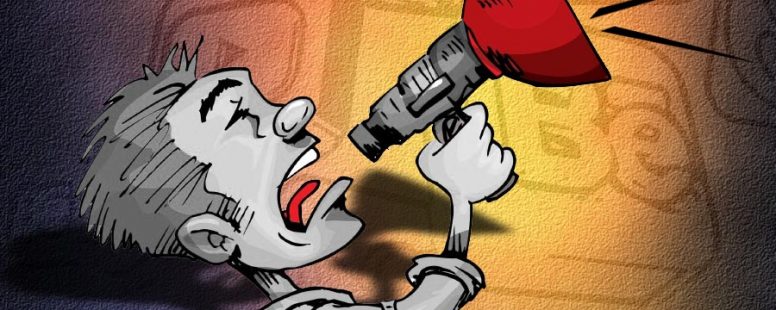Are US-Iran tensions inching towards a resolution?
Dr Massoumeh Torfeh, Research Associate at the Centre for Global Media and Communications, explores the question Trump’s strategy in relation to Iran in the article linked below for TRT World: TRT Article link Featured image credit: “Kerman, bazaar” by hermien_amsterdam is licensed under CC BY-NC-SA 2.0








